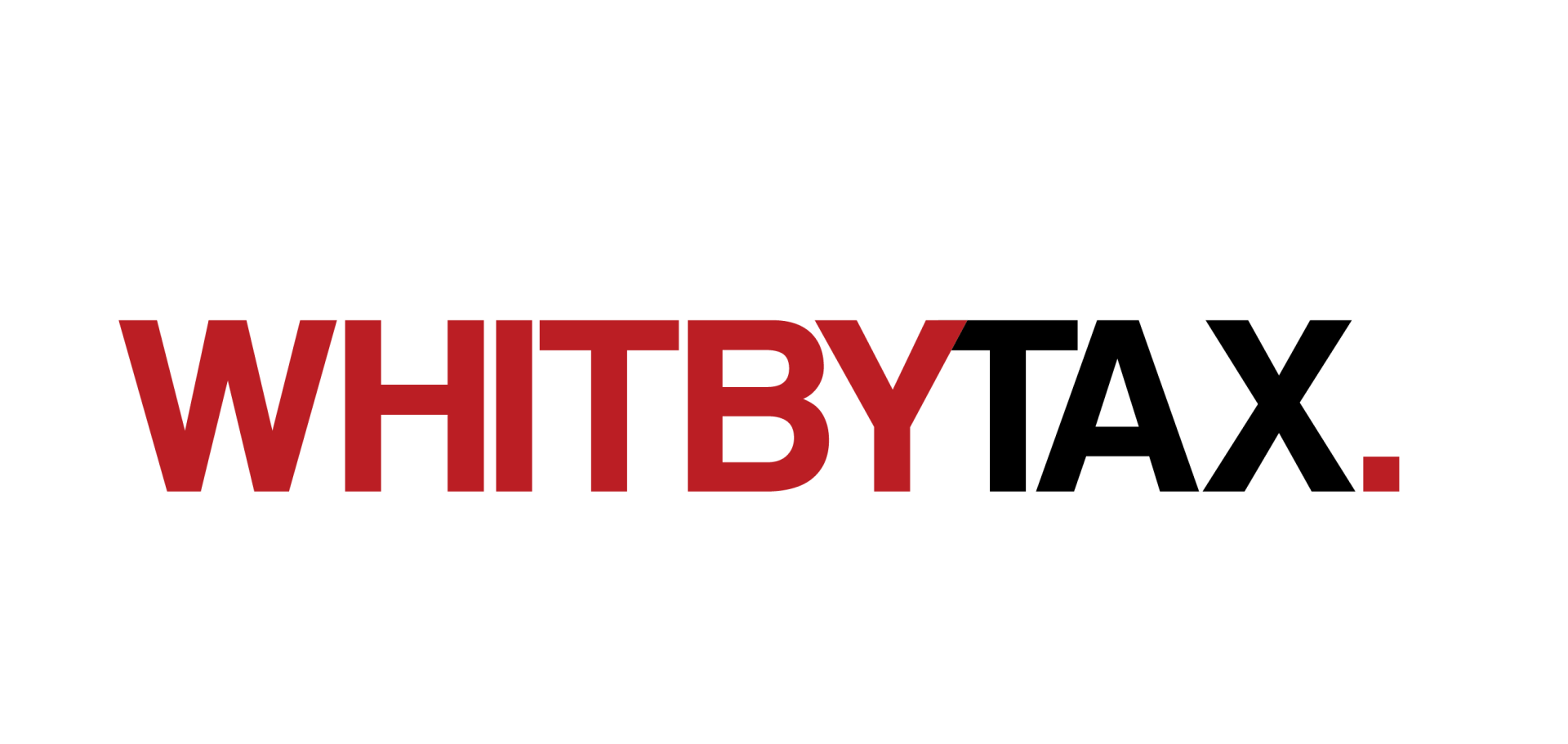Common Business Tax Preparation Mistakes to Avoid

As a Canadian business owner, understanding the nuances of tax preparation is crucial to maintaining compliance with the ever-evolving tax laws and maximizing your financial resources. The complexities of business taxes can be overwhelming, but with the right knowledge and strategies in place, you can navigate tax season with confidence. In this comprehensive guide, we will delve into the common tax preparation pitfalls that Canadian businesses often encounter and provide expert advice on how to steer clear of these costly mistakes.
Common Tax Preparation Mistakes:
Inaccurate Record-Keeping: Failing to maintain meticulous and up-to-date financial records is a grave error that can lead to inaccuracies in your tax filings. For instance, if your revenue and expenses are not accurately recorded, you might end up overpaying or underpaying your taxes, inviting scrutiny from the tax authorities.
Missing Deadlines: Timeliness is key in the world of taxes. Missing filing deadlines or payment due dates can result in hefty penalties and interest charges. For instance, not filing your corporate tax return by the deadline of the last day of the sixth month after your fiscal year-end can lead to substantial fines.
Incorrect Deductions: Claiming inappropriate deductions without proper documentation or eligibility can trigger audits and legal repercussions. For example, incorrectly categorizing personal expenses as business expenses can raise red flags and result in severe consequences.
Avoiding Mistakes - Best Practices:
To sidestep these common pitfalls, consider implementing the following best practices:
- Invest in reliable accounting software to streamline your record-keeping process and ensure accuracy.
- Enlist the services of a professional tax preparer who possesses the expertise to navigate the complexities of Canadian tax laws.
- Establish a systematic filing system to organize your financial documents and receipts efficiently.
"Maintaining accurate financial records is the cornerstone of sound tax preparation. By leveraging technology and expert assistance, businesses can mitigate the risks associated with tax compliance." - Whitby Tax Specialist
In conclusion, proactive tax planning and meticulous attention to detail are paramount in avoiding common tax preparation errors that could jeopardize your financial well-being. By heeding the advice outlined in this guide and seeking professional guidance when needed, you can safeguard your business from costly mistakes and harness the full potential of tax-saving opportunities.
By following these guidelines and incorporating expert insights into your tax preparation process, you can navigate tax season smoothly and optimize your business's financial health.
Remember, at Whitby Tax, we are here to support you every step of the way to make this and future tax seasons a breeze for your business.











